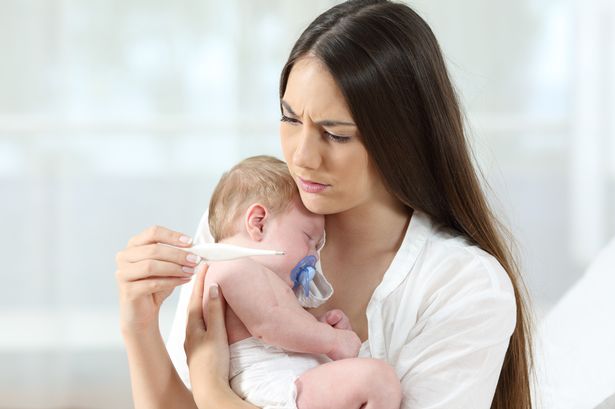Also known as the 100-day cough due to how long the symptoms last, whooping cough has recently seen a spike in cases across the UK with many already identified on Merseyside.
Those suffering with the cold-like illness are being told to stay off work and school to limit the spread. It has been difficult to identify the persistent cough until symptoms have really set in as it can often be confused with a more common illness like a cold or flu.
More often than not the illness can be treated with antibiotics, but in more serious cases (especially where young children are concerned) things may need to escalate further. Knowing when the signs and symptoms get worse is vital to making sure you get the proper care.
READ MORE: Mum and dad allegedly kept baby in Lidl bag before dumping her body
READ MORE: Jonnie Irwin supported as he issues update from hospital
Check if you or your child has whooping cough:
The first signs of whooping cough are similar to a cold, such as a runny nose and sore throat (a high temperature is uncommon). After about a week, you or your child:
- will get coughing bouts that last for a few minutes and are worse at night. The cough itself may last for several weeks or even months.
- may make a "whoop" sound – a gasp for breath between coughs (young babies and some adults may not "whoop")
- may have difficulty breathing after a coughing bout and may turn blue or grey (young infants)
- may bring up a thick mucus, which can make you vomit
- may become very red in the face (more common in adults)
When it's time to call 999 or go to A&E:
- If you or your child's lips, tongue, face or skin suddenly turn blue or grey (on black or brown skin this may be easier to see on the palms of the hands or the soles of the feet)
- you or your child are finding it hard to breathe properly (shallow breathing)
- you or your child have chest pain that's worse when breathing or coughing – this could be a sign of pneumonia
- your child is having seizures (fits)

